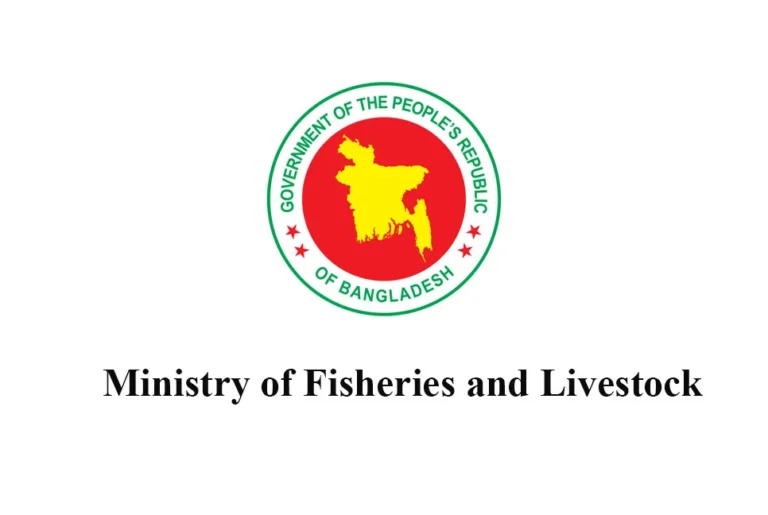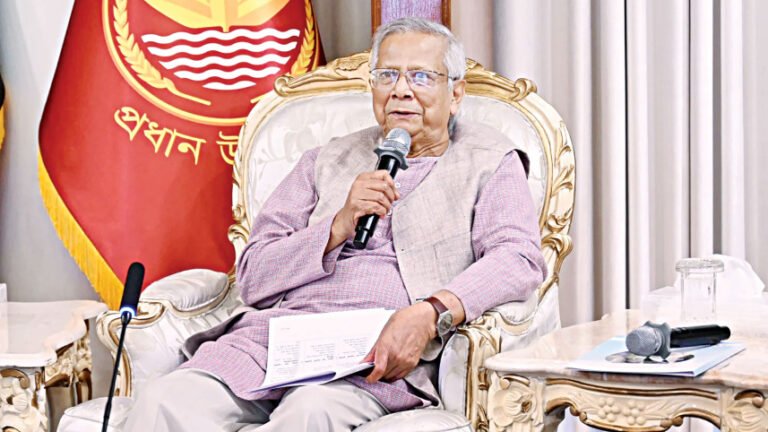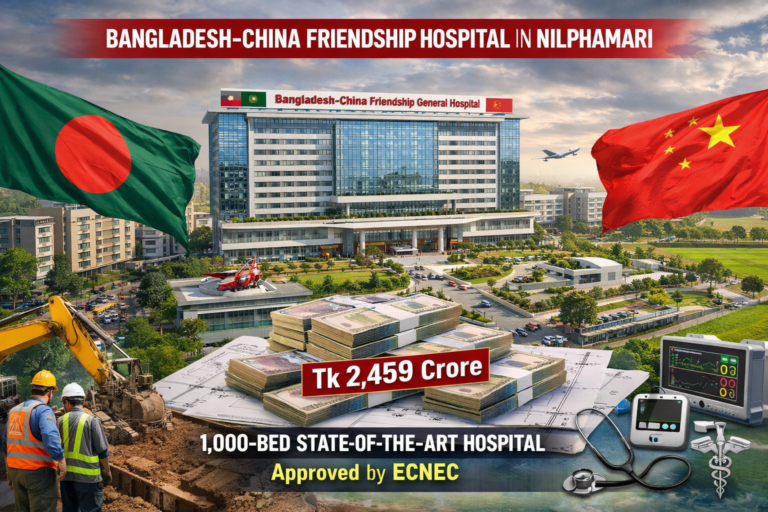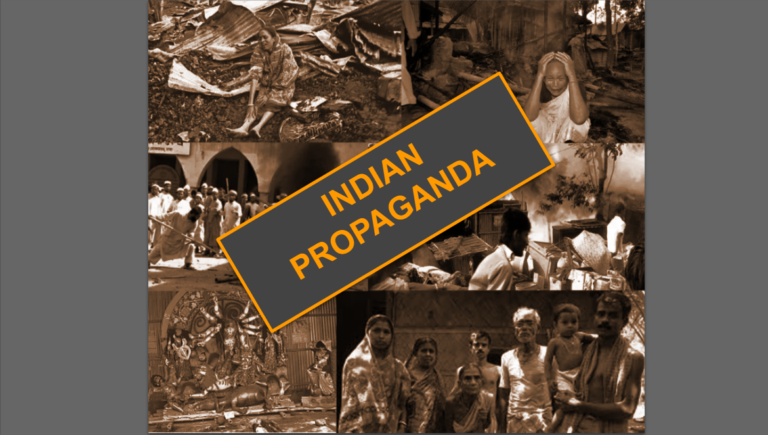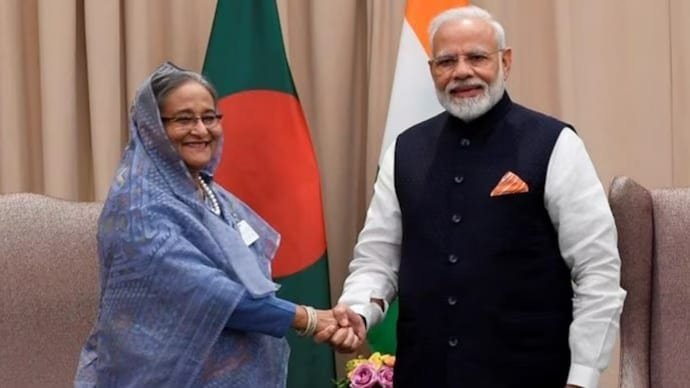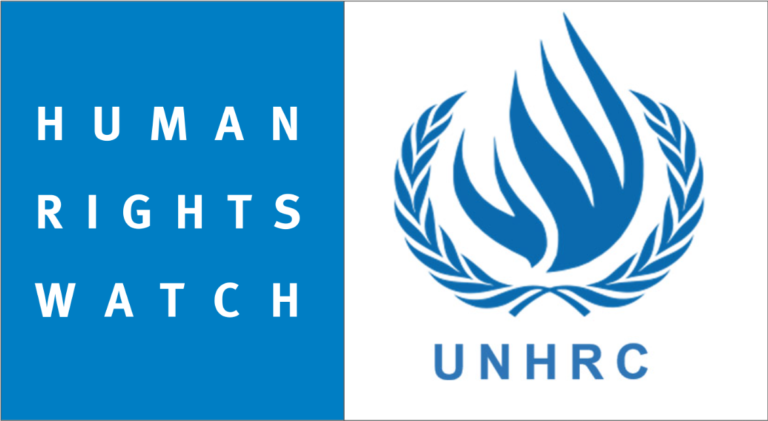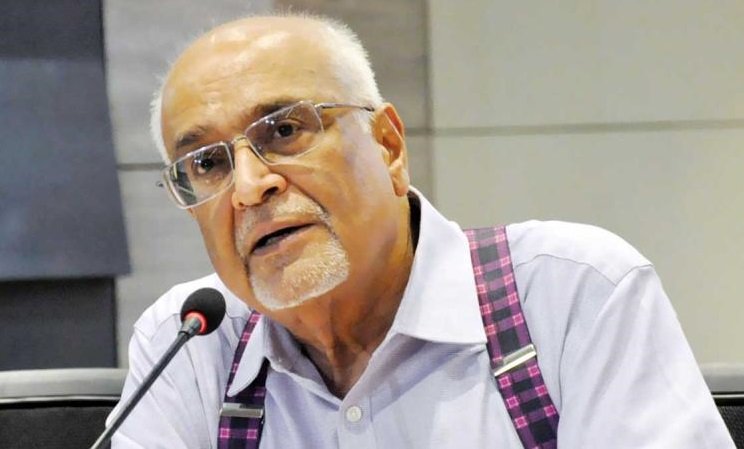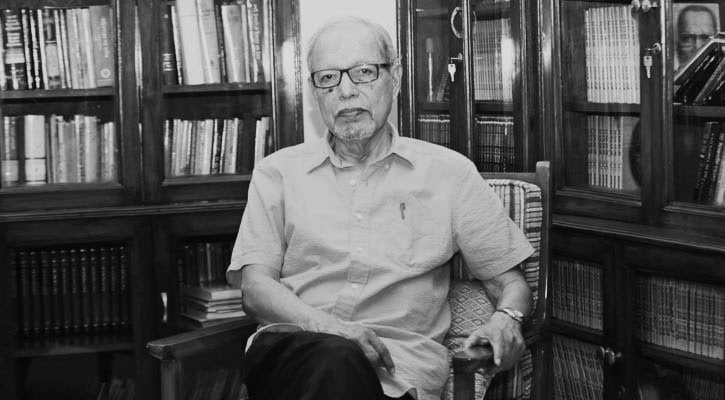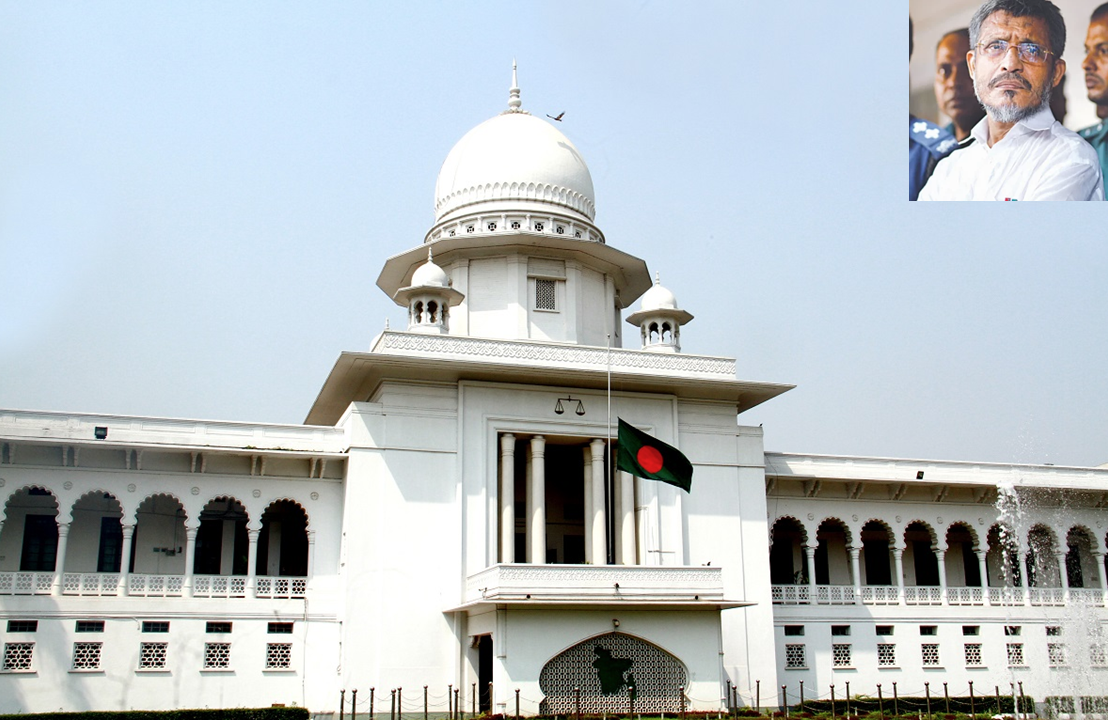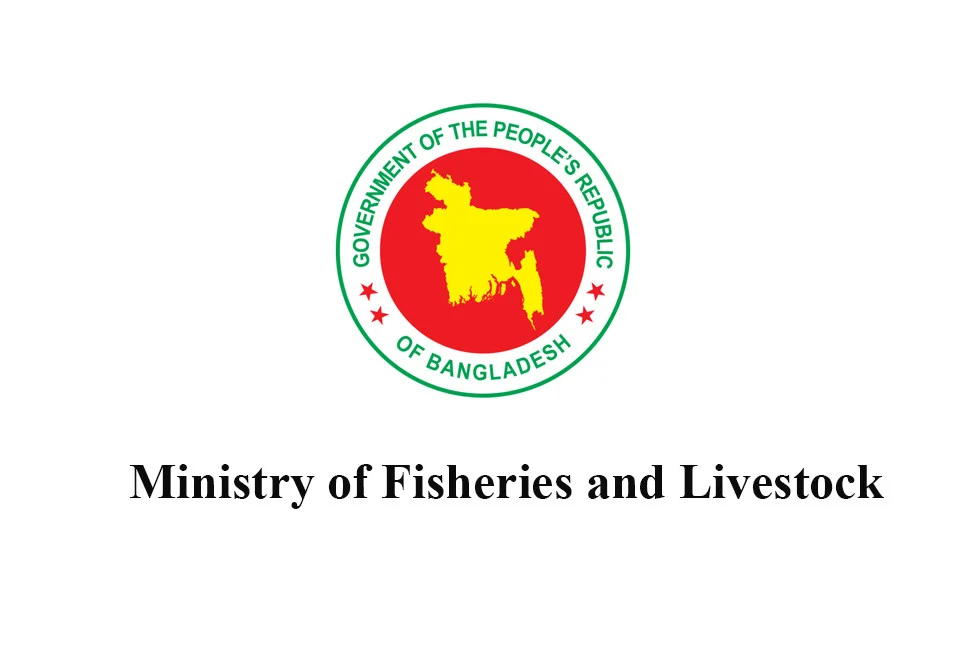Dr. Debapriya Bhattacharya, head of the committee tasked with drafting a white paper on Bangladesh’s economy, stated today that non-governmental organizations (NGOs) are calling for formal recognition of their contributions to the nation’s development.
During a meeting held at the NEC Conference Room in Sher-e-Bangla Nagar, representatives from both local and international development organizations voiced their concerns. Dr. Debapriya, addressing a press briefing after the meeting, emphasized that NGOs feel their role in Bangladesh’s development should be given greater importance. “They believe it’s crucial to acknowledge the significant contributions of non-governmental development organizations,” he said.
Despite playing a substantial part in both past and ongoing government initiatives, NGOs feel they lack sufficient representation at both local and national levels. With inflation and other economic pressures worsening conditions for the public, they believe stronger government support and policy coordination are needed to enhance the role of NGOs in addressing these issues, he added.
Dr. Debapriya, who is also a distinguished fellow at the Centre for Policy Dialogue (CPD), highlighted the challenges NGOs face, including institutional barriers and corruption. According to him, these obstacles, often arising from government policies and regulations, hinder the effective functioning of non-governmental development organizations.
The NGOs identified specific institutions, such as district administrations and law enforcement agencies, that oversee their activities, as sources of corruption and administrative hurdles. They urged the government to improve management practices and eliminate corruption within these bodies.
In response to a question, Dr. Debapriya noted that corruption is particularly evident when NGOs seek registration, renew certificates, or have their projects approved by the relevant authorities. He added that recent restrictive measures have further curtailed the ability of NGOs to advocate for the public.
The meeting also covered concerns related to corruption in the digital disbursement of micro-credits and in sectors such as health and education.
In August, the interim government established a 12-member committee, led by Dr. Debapriya Bhattacharya, to draft a comprehensive white paper on the state of Bangladesh’s economy.


